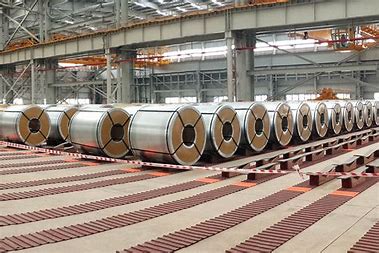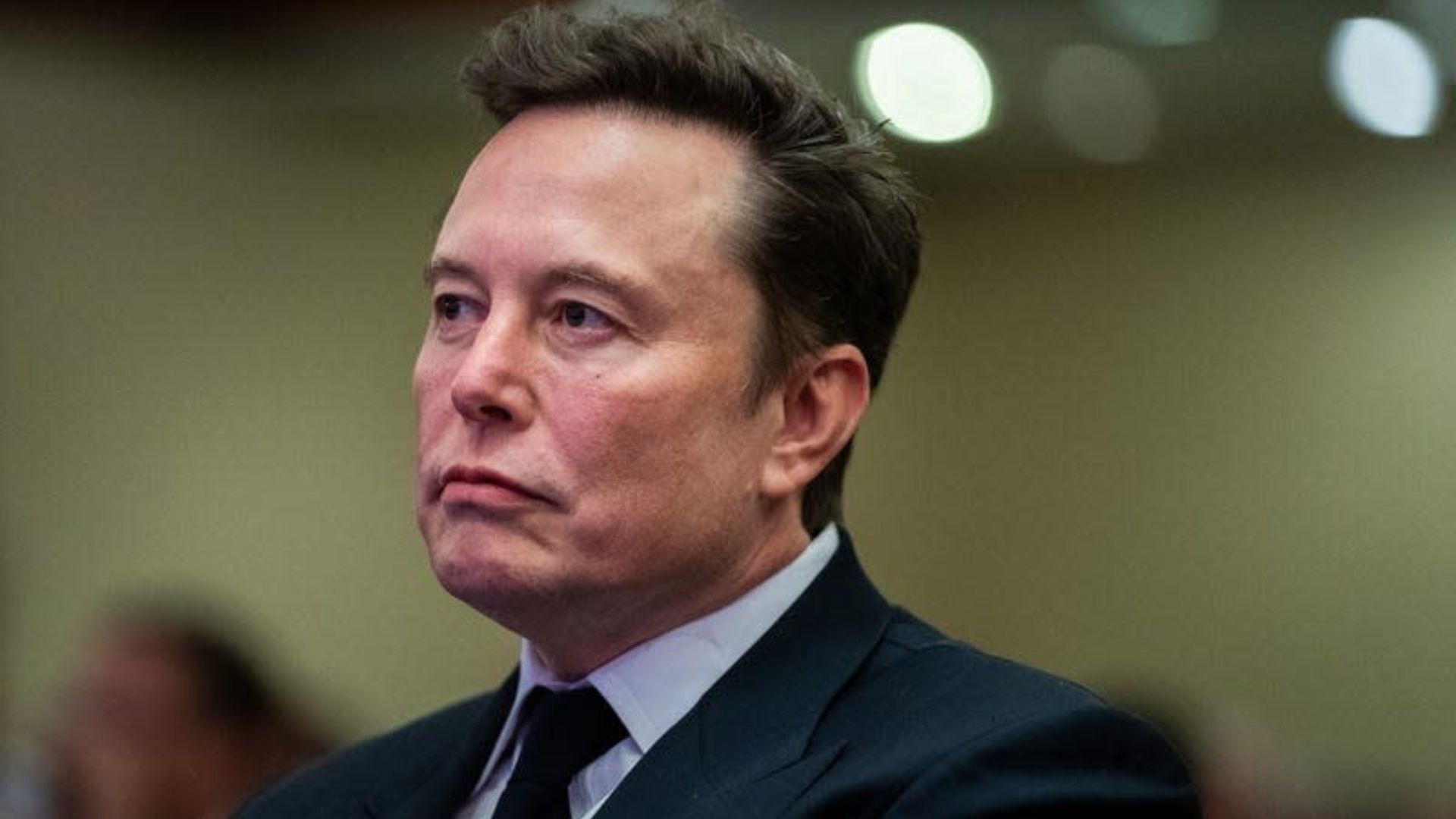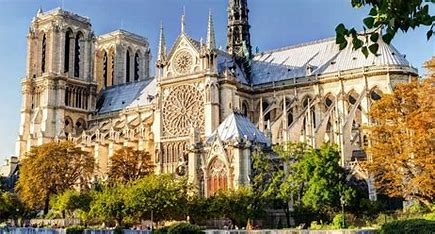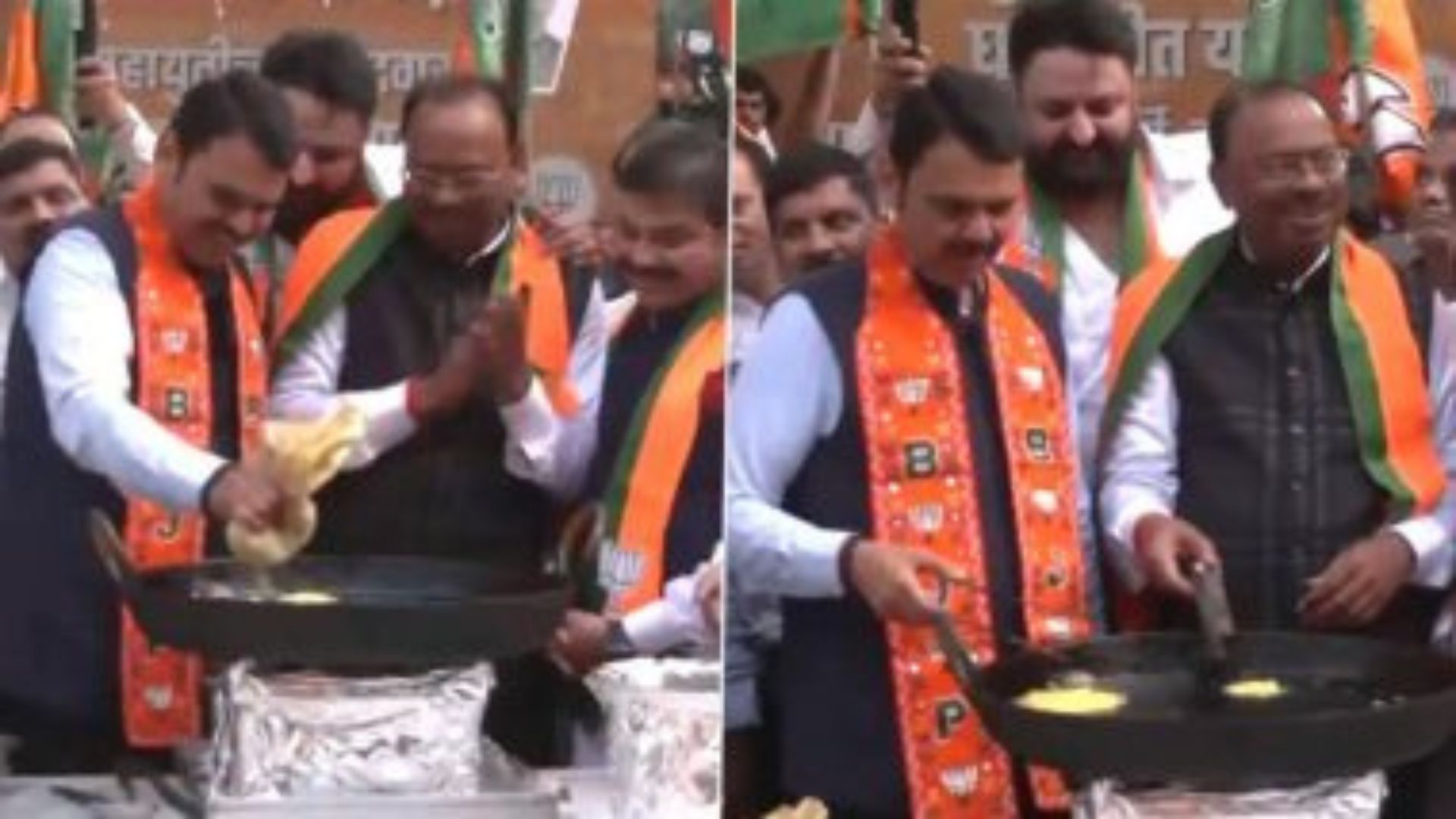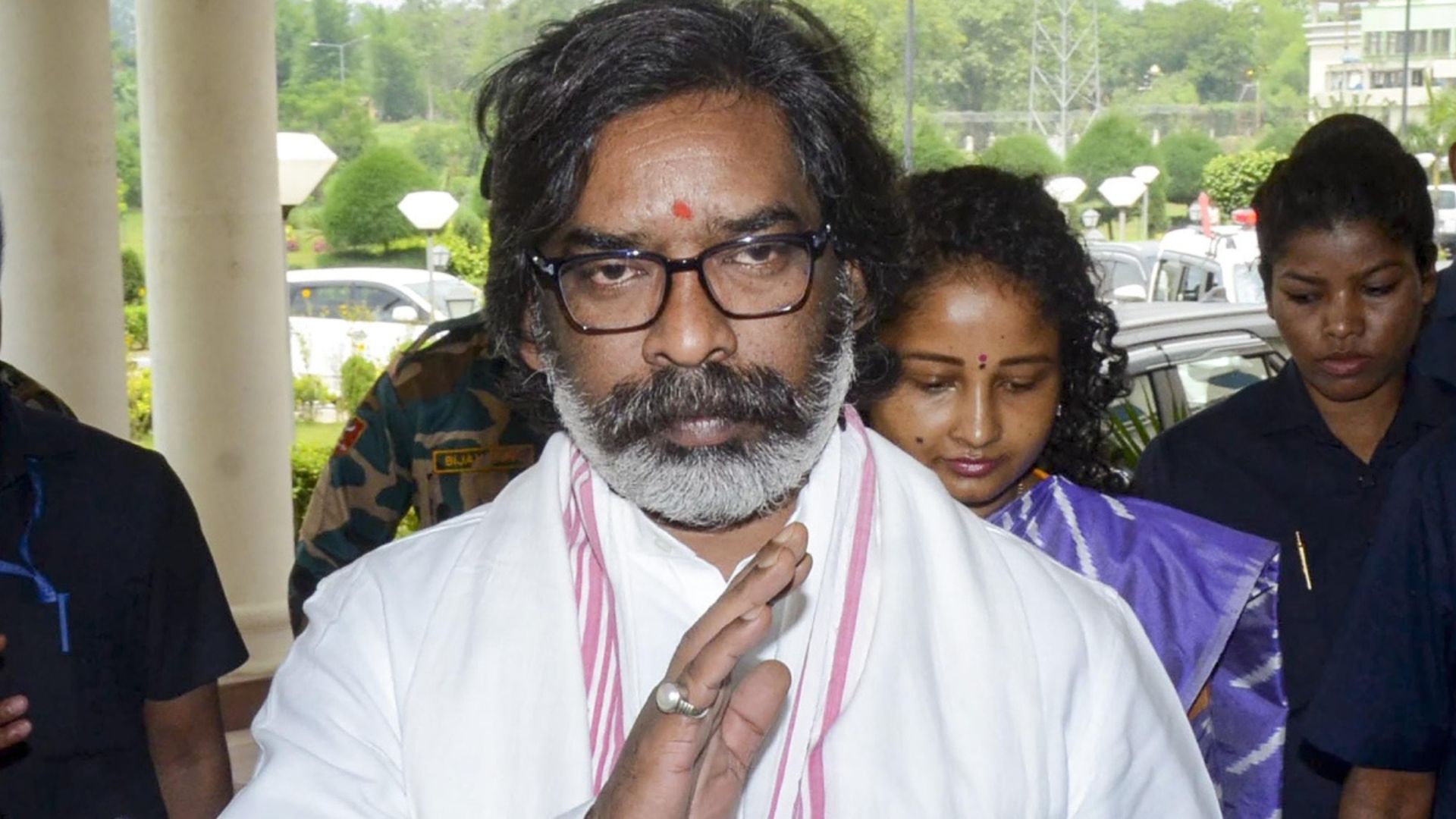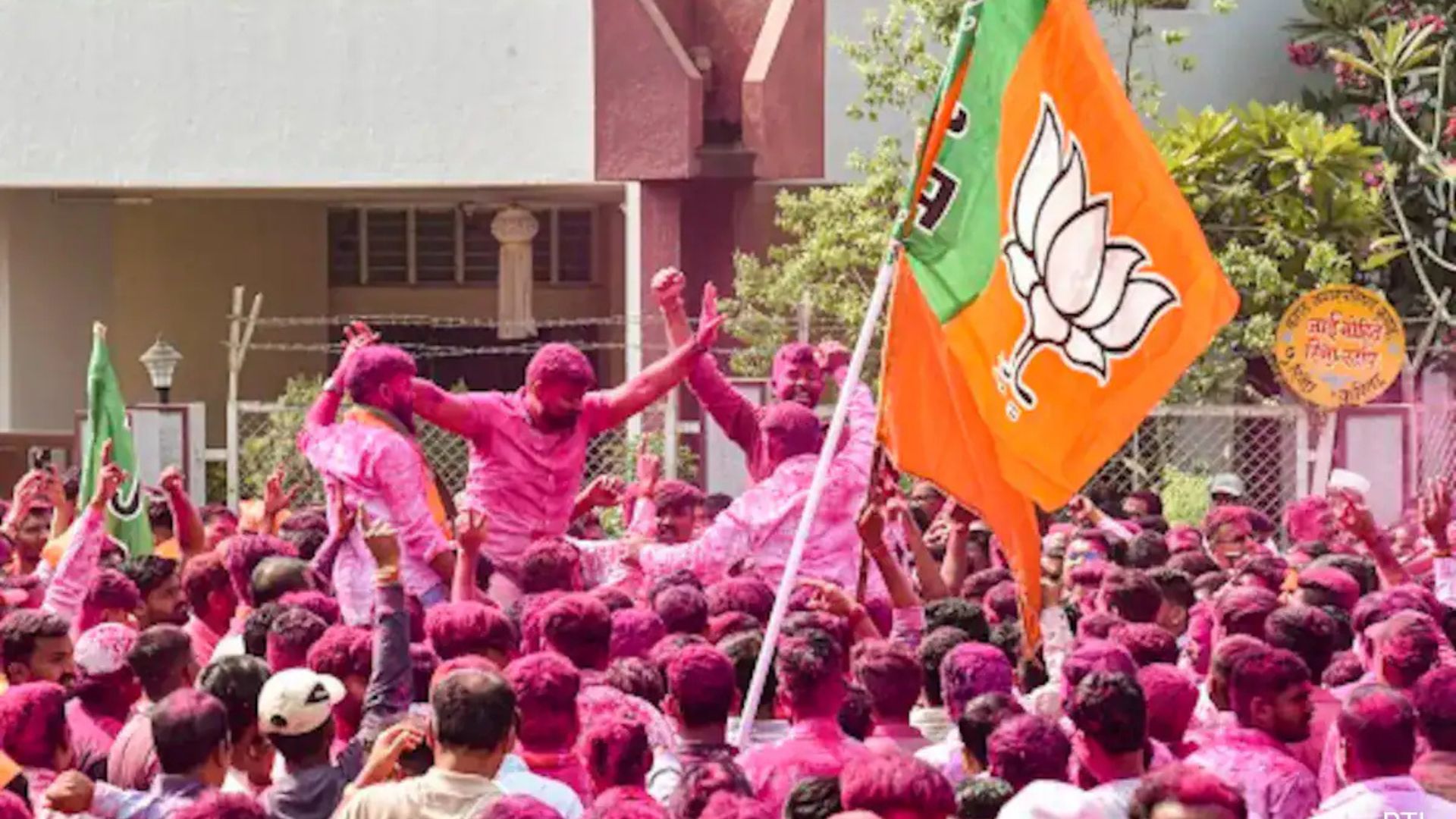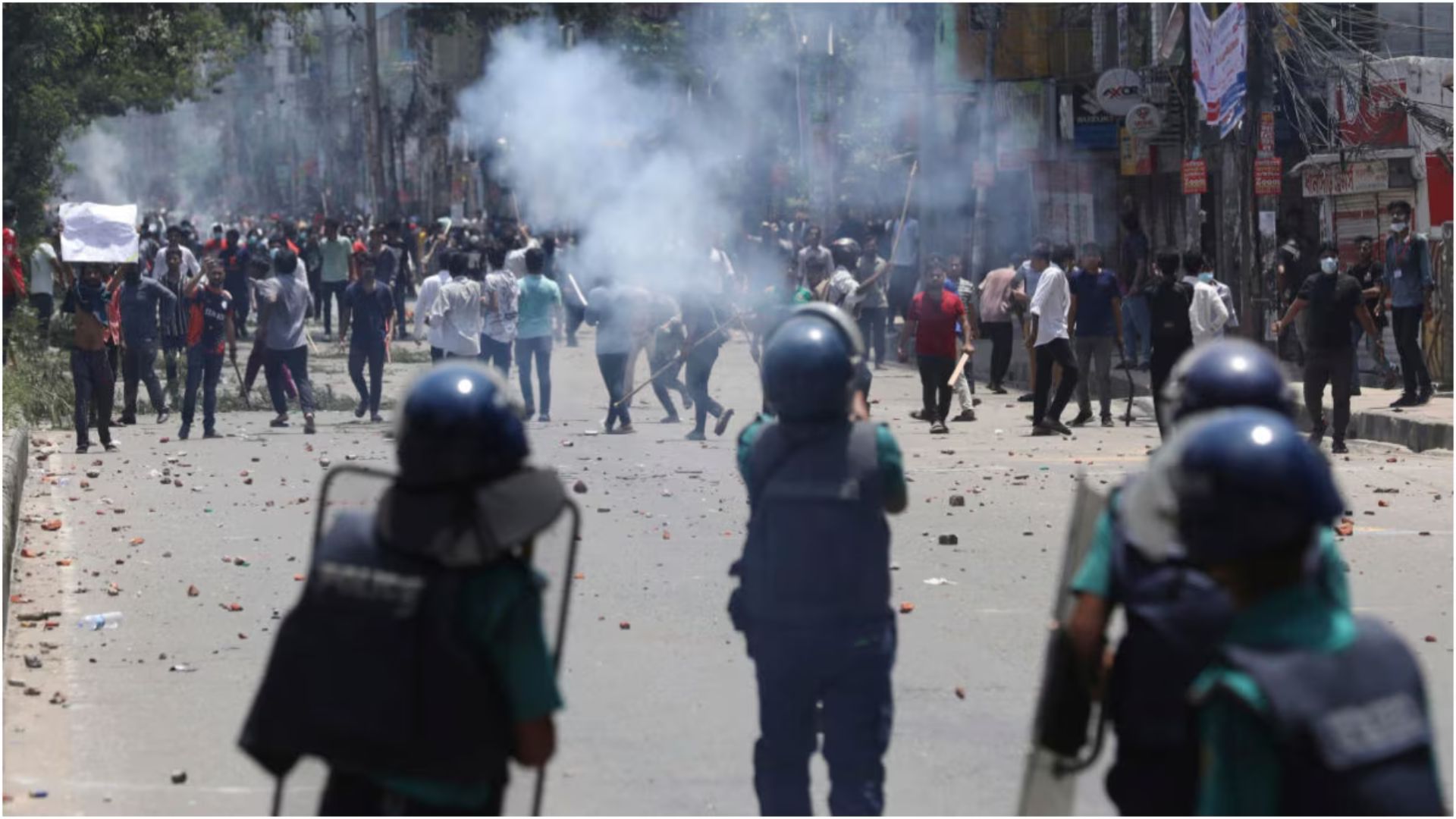
At least 32 people have been killed and numerous others injured in Bangladesh following violent clashes on Sunday. The violence erupted as police used tear gas and stun grenades to disperse thousands of protesters demanding the resignation of Prime Minister Sheikh Hasina.
In response to the escalating unrest, the interior ministry has imposed an indefinite nationwide curfew starting at 6 pm (1200 GMT) on Sunday, marking the first such measure during the ongoing protests that began last month.
The recent clashes occurred between supporters of Prime Minister Hasina and anti-government demonstrators. Fatalities were reported in various regions including Dhaka, Bogra, Pabna, Rangpur, Magura, Comilla, Barisal, and Feni.
Protesters intensified their actions by calling for a “non-cooperation” movement, urging citizens to withhold taxes, utility payments, and attendance at work. This led to significant disruptions, with offices, banks, and factories remaining operational while major highways were blocked, creating traffic chaos.
In Pabna, at least three people died amidst the violence. Police reported that they did not use live ammunition, but improvised explosives were detonated, turning the area into a conflict zone. Additionally, two construction workers were killed and 30 injured in Munsiganj during clashes involving protesters, police, and ruling party activists.
The government responded by shutting down high-speed internet services, affecting platforms like Facebook and WhatsApp. Schools and universities have also been closed.
Prime Minister Hasina condemned the protesters as “terrorists,” not students, and called for a firm response. “I appeal to the countrymen to suppress these terrorists with a firm hand,” she stated. The government has convened a meeting with top security officials to address the crisis.
The protests began after the high court reinstated a quota system for government jobs, which the Hasina administration had previously abolished. This decision sparked similar student protests, leading to the current unrest. The Supreme Court is set to review the government’s appeal on August 7.
